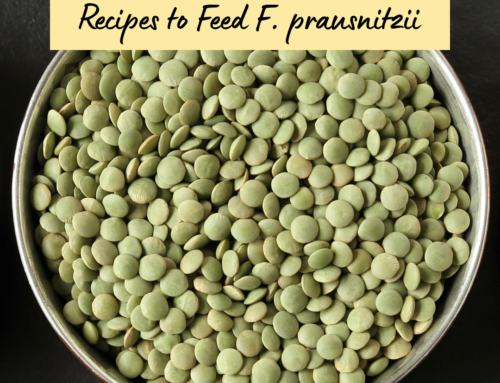From kefir to kombucha, probiotics are all the rage these days.
If you’re a gut health newbie, you might be asking yourself: which source of probiotics packs the most punch?
And among never-ending aisles of fermented foods, where in the world should you start?
Let’s take a look.
Yogurt: A Classic
Of all sources of probiotics, people tend to be most familiar with good old yogurt.
If you’re going to choose yogurt as your go-to probiotic, you’ve got to put in a bit of extra elbow grease, though. That’s because many highly processed or sugary yogurts aren’t so helpful for your gut health.
Yogurts that are low in added sugar (if they contain any) are typically the highest in probiotics and the most supportive of your microbiome.
Organic full-fat Greek yogurt is an excellent choice for dairy consumers.
If you don’t consume dairy, many dairy-free yogurts are also high in probiotics. Make sure your choices don’t contain added sugar or emulsifiers and additives like soy lecithin. Nancy’s Oatmilk Yogurt and Forager’s Cashewmilk Yogurt are great choices.
As yummy as yogurt is, we encourage you to branch out by trying some of the fun options listed below.
Kefir: Yogurt Leveled-Up
Kefir is a fermented milk product. It tastes a lot like yogurt – think about that sour, savory Greek yogurt flavor – but it’s a bit thinner and creamier.
It’s made by adding kefir grains to milk, which spurs on a unique fermenting process that propels the flourishing of a wide variety of probiotics.
Kefir is arguably a better source of probiotics than most yogurts. It often contains an even wider variety of probiotics than typical yogurt. It even includes some beneficial yeasts, which are hard to come by.
Kimchi and Other Fermented Vegetables
For those who aren’t big yogurt fans, don’t lose hope! The options are limitless.
Korean kimchi is a unique option. Kimchi consists of fermented (pickled) vegetables like cabbage and carrot mixed with spicy seasonings like hot pepper flakes, ginger, and salt. Think spicy pickles.
Not a fan of spice? Like kimchi, sauerkraut (fermented cabbage but without the spicy kick) is another tasty fermented vegetable option. It’s got the added benefit of high vitamin C and fiber content.
Ever ordered miso soup at a Japanese restaurant? If you’re a fan of miso, keep that up! You consume a solid dose of probiotics each time you eat it.
Fermented soybean products like tempeh, tofu, and natto are also sources of probiotics. If you like a savory flavor, these are for you.
Kombucha tea, made by placing a kombucha mushroom in sweetened black tea, also contains high probiotic content.
The options are endless! Tag us in photos of your fermented foods @igynutrition on Instagram.




